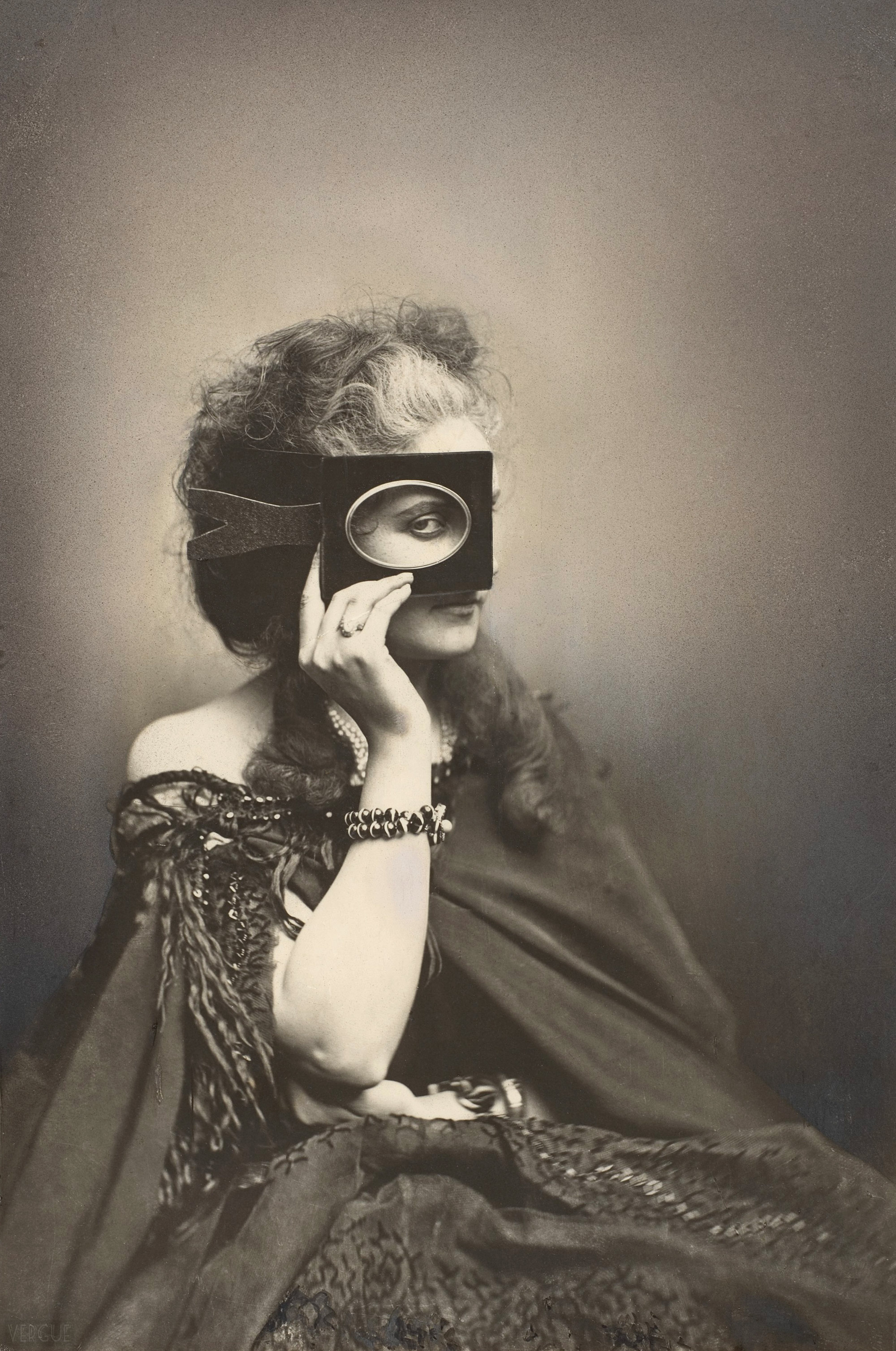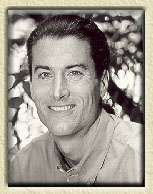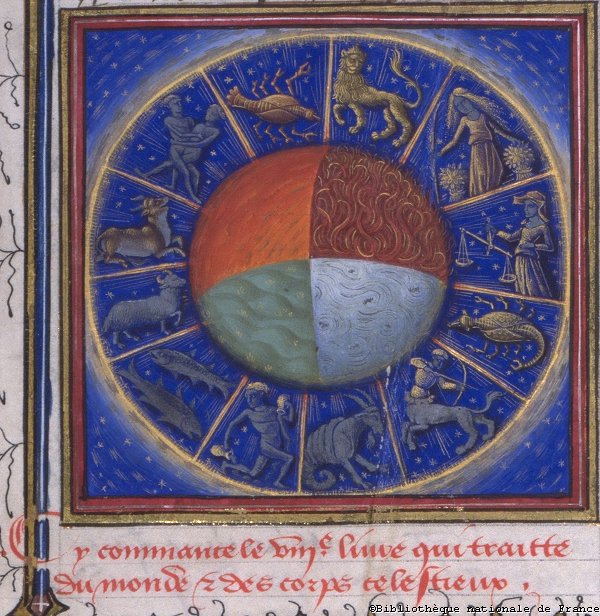You know the challenge? There is very little stock in the fridge, it is late and suddenly you must cook a meal as fast as you can with whatever you have. An additional challenge I got: the meal is for a family whom I know quite well, but I have no idea about their eating habits.
So, what did I have? Frozen chicken and minced meat, frozen vegetables, 1 onion, 5 carrots, 4 paprikas, 1 eggplant, lots of potatoes, garlic and tomatoes and regular spices and dried goods. Not everybody likes eggplant, so that is out. Go easy on the garlic and the spices of course. I decided to go for the cookie bag. Half an hour of preparations and one hour in the oven.

4 chicken legs (separated drum sticks and thighs; skin removed)
2 table spoons soy sauce
1 tea spoon squeezed ginger
2 table spoons tomato paste (1 serving)
2 tea spoons sweet paprika
1 tea spoon turmeric
1 tea spoon ground cumin
1 onion
5 cloves garlic (squeezed)
5 potatoes
5 carrots
200 grams thin green beans (defrosted / slightly cooked)
2 green paprikas
1 large cookie bag
Defrost frozen chicken in the microwave (20 minutes). Rinse frozen green beans and allow them to stand for 20 minutes (simultaneous) in a sieve. Peel and cut carrots and potatoes (10 minutes, simultaneous to defrosting). Clean and cut onion, ginger, paprikas and garlic (10 minutes, after cutting vegetables, simultaneous to defrosting). Preheat oven at 190 degrees.
Fill cookie bag with soy sauce, spices, tomato paste. Squeeze garlic and ginger and add to the bag; mix well, by closing and shaking the bag. Add chicken, potatoes, carrots and paprika; mix well, by closing and shaking the bag. Shake the beans in order to remove as much water as possible then add to the bag and shake well.
Seal bag, make 4-8 holes with a tooth pick and place in the oven. Ready after 50-60 minutes.
Sorry no picture. The photograph is of the
previous cookie bag meal I posted.
 Listen, for example to the show about Erik Jan Hanussen, the psychic of Adolf Hitler. The show interviews Dr. Mel Gordon who wrote a book about Hanussen: Hitler's Jewish Clairvoyant.
Listen, for example to the show about Erik Jan Hanussen, the psychic of Adolf Hitler. The show interviews Dr. Mel Gordon who wrote a book about Hanussen: Hitler's Jewish Clairvoyant.















































